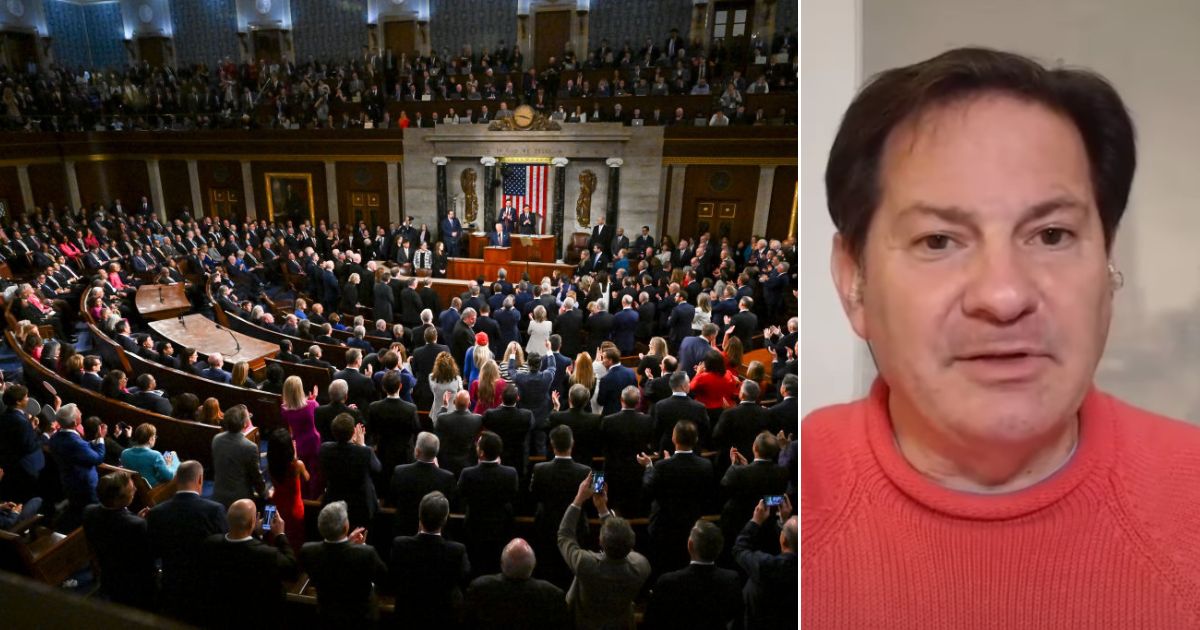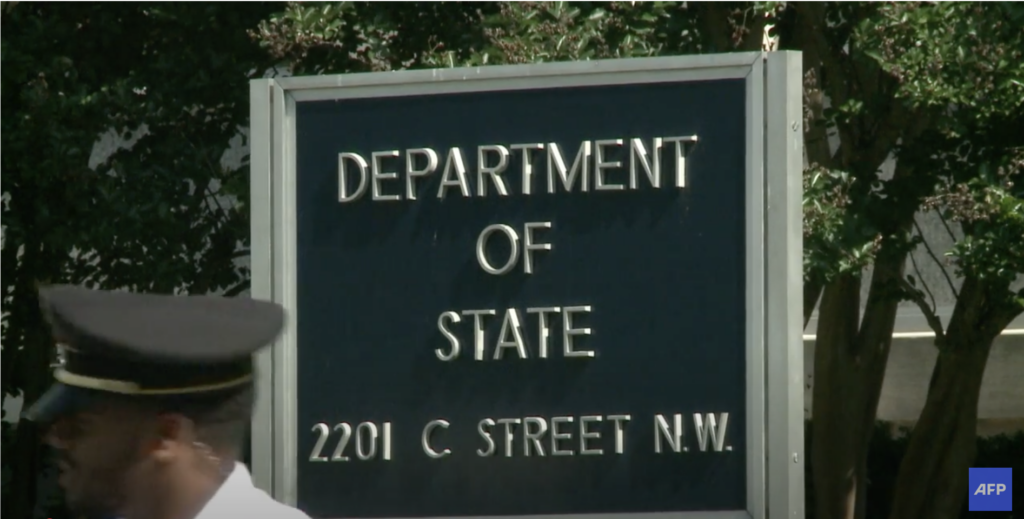New Leaders Could Improve The Senate — But Probably Won’t
Lawmakers are returning to Washington this week, facing a transformed political landscape following recent election outcomes. With victorious Republicans regaining the Senate majority, a leadership change is on the horizon as Sen. Mitch McConnell plans to step down after 18 years. This change raises questions about whether the Senate’s operations will shift significantly beyond just leadership style.
In preparation for the new Congress, Sen. Mike Lee of Utah has proposed reforms aimed at making Senate proceedings more open and collaborative. His suggestions include a more structured approach to legislative scheduling and the requirement of significant Republican consensus before limiting debate on amendments. Lee advocates for ensuring that legislation is introduced and debated thoughtfully rather than rushed, particularly concerning large omnibus bills.
While these proposals sound encouraging, their practical implementation may prove challenging. Senators often prefer to avoid the time-consuming processes of debate and amendments due to the pressures of their schedules. Additionally, the potential for political mischief exists with more amendment votes, which can lead to unexpected and undesirable legislative outcomes.
the upcoming Congress will test whether legislators are genuinely committed to a more transparent and collegial approach to lawmaking, or whether they will stick to familiar, expedient practices.
Lawmakers return to Washington this week, contemplating a changed landscape following last week’s election results. In the Senate, victorious Republicans will see not only a return to the majority but a new leader heading the party. Earlier this year, Sen. Mitch McConnell, R-Ky., announced his decision to step down from his leadership post after 18 years when the new Congress convenes in January.
Many conservatives, including this one, will embrace McConnell’s departure as long overdue. But will a change in personnel lead to a change in how the Senate operates? In that sense, lawmakers face decisions that go deeper than the personality traits of a single party leader.
Mike’s Manifesto
Several weeks before the election, influential conservative and Senate Steering Committee Chairman Mike Lee, R-Utah, released a letter to his colleagues in preparation for the new Congress. Lee devoted the letter not to the merits or demerits of the leadership candidates but to changes in rules and procedures he believes would “ensure that the people have more say in the laws that govern their lives.”
Broadly speaking, Lee’s proposals envision a more collegial and open relationship between the new leader and rank-and-file Senate Republicans. He wants the leader to propose a floor schedule for considering major bills to prevent the traditional year-end pileup that results in massive legislation around Christmas. He also proposes that the Republican leader present policy goals and specific strategies for achieving them to rank-and-file lawmakers every year. That last measure stands in direct contrast to McConnell, who notoriously kept his cards close to the chest.
As part of this collegial process, Lee proposes that Republican leaders should whip for or against a bill or nomination only with the support of a majority of Republicans. “This would protect Republican leadership from ever being in the position of having to whip for legislation advancing Democrat priorities, as happens from time-to-time when must pass legislation is up against a critical deadline.”
Lee’s most important proposed change seeks to foster additional debate on amendments, by “requiring three-fourths of our conference to agree before the [amendment] tree can be filled.” In plain English, Lee would require 40 of the 53 Republican senators to agree to give up their right to offer amendments before the leader can take procedural steps on the Senate floor to limit debate and amendment votes. And to facilitate more debate and amendments, he suggests that omnibus spending bills require four weeks of Senate floor time for proper consideration, rather than the usual rushed process that sees bills totaling thousands of pages rammed through in a few days right before Christmas.
Do Senators Want to Legislate?
It sounds positive — in theory. But in practice, it may prove more difficult to achieve. Call this observer cynical, but one tends to question whether lawmakers truly want to take up legislating in the manner Lee outlines.
For starters, offering, debating, and voting on amendments takes valuable time. In the one instance where senators can offer unlimited amendments — the “vote-a-rama” that accompanies budget reconciliation legislation — lawmakers typically mill around the floor like caged animals, feeling uncomfortable as they undertake vote after vote after vote in rapid succession.
Do senators, particularly those traveling from rural areas far from Washington, really want to deviate from their current schedule, in which most “work weeks” start on Monday evening or even Tuesday morning and wrap up by early afternoon on Thursday? Will they complain when myriad amendment votes on the Senate floor intrude on other elements of their schedule, from constituent meetings to committee hearings to fundraisers?
Political Attacks — And Policy Outcomes
More amendment votes also allow more opportunities for political mischief, in the form of messaging amendments often designed to lend themselves to 30-second political attack ads. The amendment to Obamacare offered by the late Sen. Tom Coburn, R-Okla., which would have prohibited Exchange insurance plans from covering Viagra for sex offenders, serves as a classic example of the genre.
And finally, some amendments actually pass and result in outcomes lawmakers might not like. As I’ve previously noted at The Federalist, 2015 saw a classic example in the form of amendments related to the Confederate flag offered by House Democrats. House conservatives started that year’s appropriations process by demanding an open process, but when that open process led to an outcome they didn’t want (i.e., passage of an amendment banning the Confederate flag), they first tried to nix the amendment and then brought the process of considering spending bills to a halt entirely.
Easier to Rubber-Stamp
Of course, any time lawmakers halt an open process — because they don’t like the outcome of an amendment vote, they fear taking politically tough votes on amendments, or they just don’t want to spend time debating legislation to begin with — they empower a select group of lawmakers, not to mention unelected staffers, to negotiate legislation behind closed doors.
Therein lies the dirty little secret of Washington: As much as lawmakers claim to hate omnibus spending bills, they serve their own political purposes. They don’t have to make many (if any) choices, and they can blame congressional leaders for the rushed process and any bad outcomes. It’s a typical inside-the-Beltway game of passing the buck.
To put it another way: Mike Lee’s proposals would open up the Senate, make it more small “d” democratic, and increase the accountability of leaders to the rank-and-file and senators to the constituents they serve — all of which provides a good explanation as to why senators may decide to let the status quo prevail.
Chris Jacobs is founder and CEO of Juniper Research Group and author of the book “The Case Against Single Payer.” He is on Twitter: @chrisjacobsHC.
" Conservative News Daily does not always share or support the views and opinions expressed here; they are just those of the writer."





Now loading...